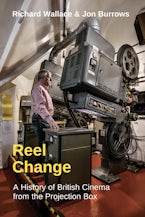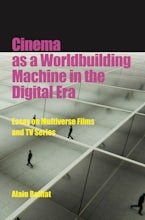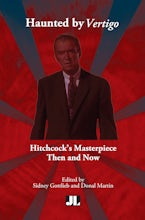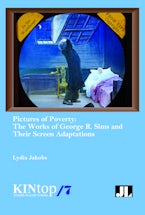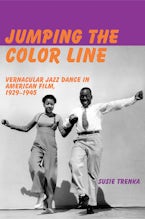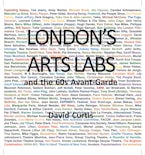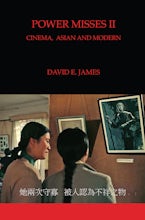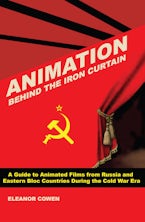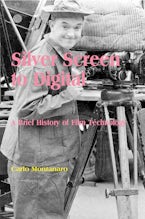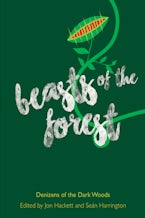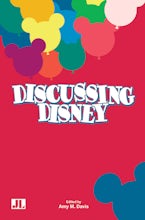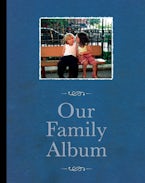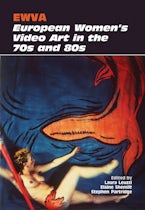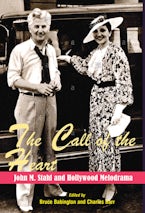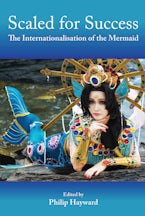John Libbey Publishing

Showing results 1-20 of 75
Filter Results OPEN +

Richard Demarco
Pub Date: 2022-11-01
Chronology of the Birth of Cinema 1833–1896
Pub Date: 2022-10-18
Reel Change
Pub Date: 2022-08-16
Cinema as a Worldbuilding Machine in the Digital Era
Pub Date: 2022-08-09
Haunted by Vertigo
Pub Date: 2021-10-26
Pictures of Poverty
Pub Date: 2021-10-26
Jumping the Color Line
Pub Date: 2021-02-02
Discovering Lost Films of Georges Méliès in fin-de-siècle Flip Books (1896–1901)
Pub Date: 2020-12-22
London's Arts Labs and the 60s Avant-Garde
Pub Date: 2020-11-24
Power Misses II
Pub Date: 2020-10-27
Animation Behind the Iron Curtain
Pub Date: 2020-09-22
A Million Pictures
Pub Date: 2020-08-18
Mary Ellen Bute
Pub Date: 2020-06-23
Silver Screen to Digital
Pub Date: 2019-12-03
Beasts of the Forest
Pub Date: 2019-12-02
Discussing Disney
Pub Date: 2019-12-01
Our Family Album
Pub Date: 2019-10-01
Ewva
Pub Date: 2019-08-01
The Call of the Heart
Pub Date: 2018-11-07
Scaled for Success
Pub Date: 2018-07-26

Richard Demarco
Pub Date: 2022-11-01
Chronology of the Birth of Cinema 1833–1896
Pub Date: 2022-10-18
Reel Change
Pub Date: 2022-08-16
Cinema as a Worldbuilding Machine in the Digital Era
Pub Date: 2022-08-09
Haunted by Vertigo
Pub Date: 2021-10-26
Pictures of Poverty
Pub Date: 2021-10-26
Jumping the Color Line
Pub Date: 2021-02-02
Discovering Lost Films of Georges Méliès in fin-de-siècle Flip Books (1896–1901)
Pub Date: 2020-12-22
London's Arts Labs and the 60s Avant-Garde
Pub Date: 2020-11-24
Power Misses II
Pub Date: 2020-10-27
Animation Behind the Iron Curtain
Pub Date: 2020-09-22
A Million Pictures
Pub Date: 2020-08-18
Mary Ellen Bute
Pub Date: 2020-06-23
Silver Screen to Digital
Pub Date: 2019-12-03
Beasts of the Forest
Pub Date: 2019-12-02
Discussing Disney
Pub Date: 2019-12-01
Our Family Album
Pub Date: 2019-10-01
Ewva
Pub Date: 2019-08-01
The Call of the Heart
Pub Date: 2018-11-07
Scaled for Success
Pub Date: 2018-07-26



